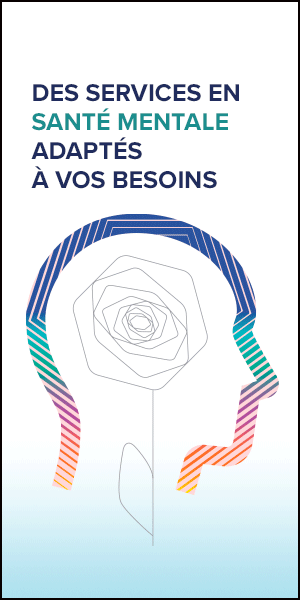AutonHomme Pontiac receives $ 17,000
AutonHomme Pontiac receives $ 17,000
Pontiac MP William Amos announced more than $ 40,000 for three different projects that tackle a roaming problem in the riding of Pontiac. Together, these emergency funds provide community organizations across Quebec, including those of the CISSS de l’Outaouais, the flexibility they need to respond to their vulnerable clienteles. “In Canada, the pandemic continues to have real and tangible impacts on the public health and safety of all Canadians. These repercussions are more serious for people whose living conditions are uncertain or who do not have a place to stay, ”said Pontiac MP William Amos.
“Those in Pontiac living in precarious arrangements or without a current place to call home are at heightened risk of contracting COVID-19. We are committed to ensuring that our communities have the tools and support they need to effectively care for and protect those who need it most. These are the kinds of investments that a caring, progressive society make on behalf of those most vulnerable.” William Amos, Member of Parliament for Pontiac
In the MRC Pontiac, the AutonHomme Pontiac organization was selected to ensure the deployment of various activities related to the objectives of the program. AutonHomme, located in Campbell’s Bay, will receive $ 17,000.
Description of the AutonHomme Pontiac project
Reorganization of the common areas of the accommodation center (Replacement of furniture, purchase of individual equipment for the rooms to allow distance; reorganization to create zones and corridors). External accommodation/assistance for integration and maintenance in housing (renting hotel rooms for overflow situations; searching for housing; contribution to the monthly rental of a hotel room; support for paying bills to obtain rent or avoid loss of housing). Addition of intervention hours to cover housing and outpatient intervention (accompaniment of more vulnerable residents on outings, learning about preventive measures; interventions required to rehouse and maintain individuals and families in housing; intervention in conjunction with the Waskahagen team (Native housing) with the Aboriginal clientele (260 units) in the context of increasing family problems, unauthorized cohabitation, an increase in complaints and disagreements between tenants in situations where tenants do not respect public health measures.
Quick Facts
● Reaching Home: Canada’s Homelessness Strategy, was launched in 2019 and supports the goals of the National Housing Strategy, in particular, to help the most vulnerable Canadians in maintaining safe, stable and affordable housing and to reduce chronic homelessness in Canada by 50% by 2027–28.
● As part of the National Housing Strategy, the Government of Canada invested $2.2 billion over 10 years to extend and expand the federal homelessness funding.
● The Canada–Quebec Agreement to support the homelessness sector’s response to COVID-19 under Reaching Home builds on the collaborative terms and principles established in previous agreements on homelessness and will be based on Quebec’s service organization structures.
● In November 2020, the Fall Economic Statement announced an additional $299.4 million for Reaching Home for 2021–22. These funds will enable communities to extend emergency health and safety measures to prevent the spread of COVID-19 among individuals experiencing homelessness. They will also help prevent at-risk Canadians from becoming homeless through targeted interventions that enable people to stay housed.


